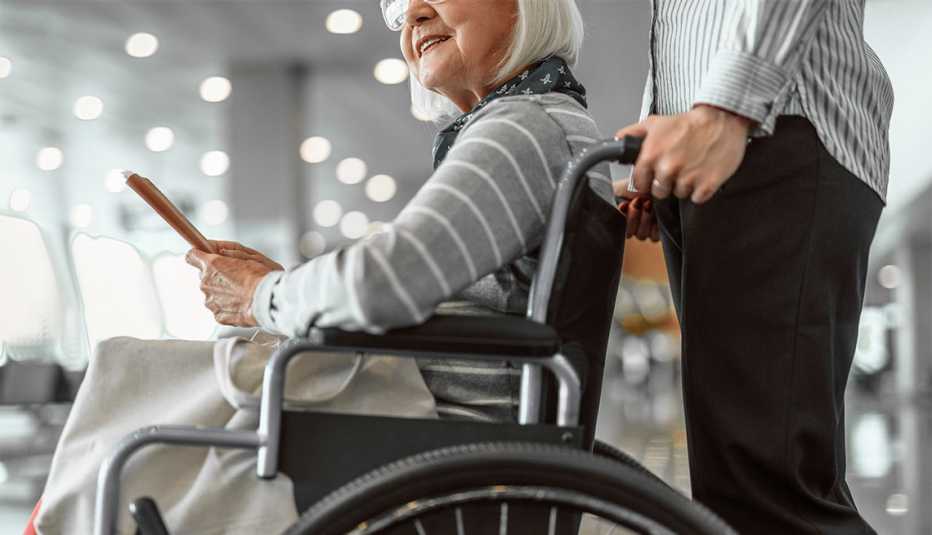Staying Fit
Another terror attack occurred in London over the weekend just as the high season for European travel gets underway.
Britain is a huge draw for American travelers: 3.46 million visitors arrived from the U.S. last year (up nearly 6 percent over 2015), and the British Tourism Alliance expects that number to grow by 10 percent in 2017 — due at least in part to the weak post-Brexit pound.


AARP Membership— $12 for your first year when you sign up for Automatic Renewal
Get instant access to members-only products and hundreds of discounts, a free second membership, and a subscription to AARP the Magazine.
The British government considers the current terrorism threat level in Britain severe, indicating that an attack is highly likely; it was at that level at the time of the London Bridge rampage on Saturday that left at least seven dead. The U.S. State Department has yet to caution against travel to Britain or London in particular, though last month it issued an alert for Americans to be vigilant when visiting throughout Europe.
Experts say travelers shouldn't let fear cloud rational thinking. "You're more likely to be struck by lightning standing in line at the Louvre than you are to be killed by terrorists," Bruce McIndoe, CEO of the risk management firm iJet International, told AARP. "The perception is much worse than the reality."
Here are tips on how to travel safely and confidently when leaving the country.
Seek out the best information
Consult U.S. Department of State advisories before you book. There are two types of notices.
- Travel warnings are issued in the event of extreme civil unrest, terrorist activity, and other dangerous conditions. The State Department recommends postponing travel.
- Travel alerts address more short-term situations that could pose a risk or disrupt travel plans. They're meant to quickly disseminate news about unrest, crime, health and weather events.
Check health advisories to determine if immunizations or prophylactic medications are necessary.
For a broader take, look at other governments' advisories. Great Britain's


































































